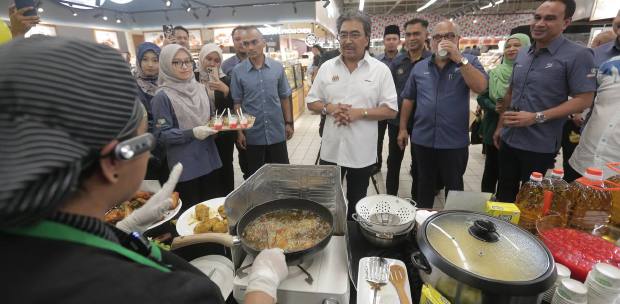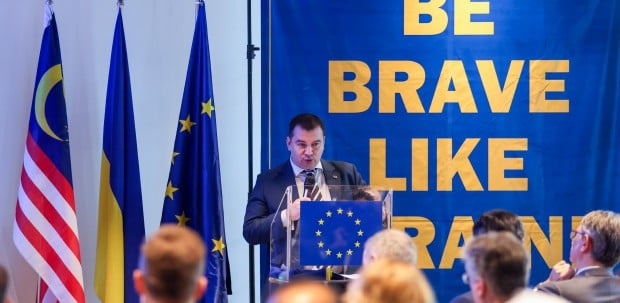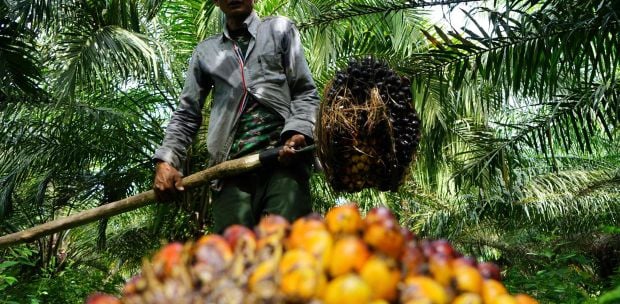KUALA LUMPUR: Malaysia wants to foster a cordial engagement with the European Union (EU) in search of a win-win solution that can benefit the palm oil industry at large.
This was despite the fact that the trade bloc has remained a staunch opponent of the palm oil trade – a stance that began in earnest in 2003.
Plantation Industries and Commodities Minister Datuk Zuraida Kamaruddin said engagements were currently being held through various platforms, for example, the Asean-EU Joint Working Group, seminar programmes or webinars and dialogues and discussions via economic and palm oil promotion missions in the EU.
"Malaysia hopes to channel various updated information on the palm oil industry – in particular from the health/nutrition and sustainability fronts – to eradicate misconceptions of palm oil and its related products as evident in the widespread anti-palm oil campaigns in the EU.
"Aligned with these efforts are two initiatives, namely the Malaysia-EU partnership programmes aimed at enhancing the sustainability of the palm oil trade and the partnership under the Council of Palm Oil Producing Countries (CPOPC)," she said in a statement today.
Zuraida said as for the CPOPC initiative, Malaysia was working closely with Indonesia to counter anti-palm oil campaigns at the global level.
She said leaders of Malaysia and Indonesia – the world's two biggest palm oil producers – had in April 2019 sent a letter of objection to the EU to criticise its decision to no longer consider palm oil as a green fuel and threatening the bloc's ties with both countries.
This came about after the European Commission was determined that palm oil had resulted in excessive deforestation and that it should no longer be considered a renewable transport fuel albeit with some exemptions.
This led to Malaysia initiating its maiden legal action against the EU and two of its members – France and Lithuania – on January 15, 2021, under the World Trade Organidation's (WTO) dispute settlement mechanism.
Meanwhile, taking into account the current Ukrainian-Russian situation and changes to the weather, causing a shortage of soybean oil supply and sunflower, Zuraida said it was a golden opportunity for Malaysia to promote the benefits of palm oil to the EU to fill the gap in the global cooking oil supply.
"The world should believe in the potential of Malaysian palm oil because of the country's numerous palm oil sustainability initiatives.
"This is done through various ongoing campaigns by the ministry which are actively carried out to defend the image of palm oil which has a reputation for high commodity prices and also in lieu of the unstable world cooking oil supply production at the moment," she added.





